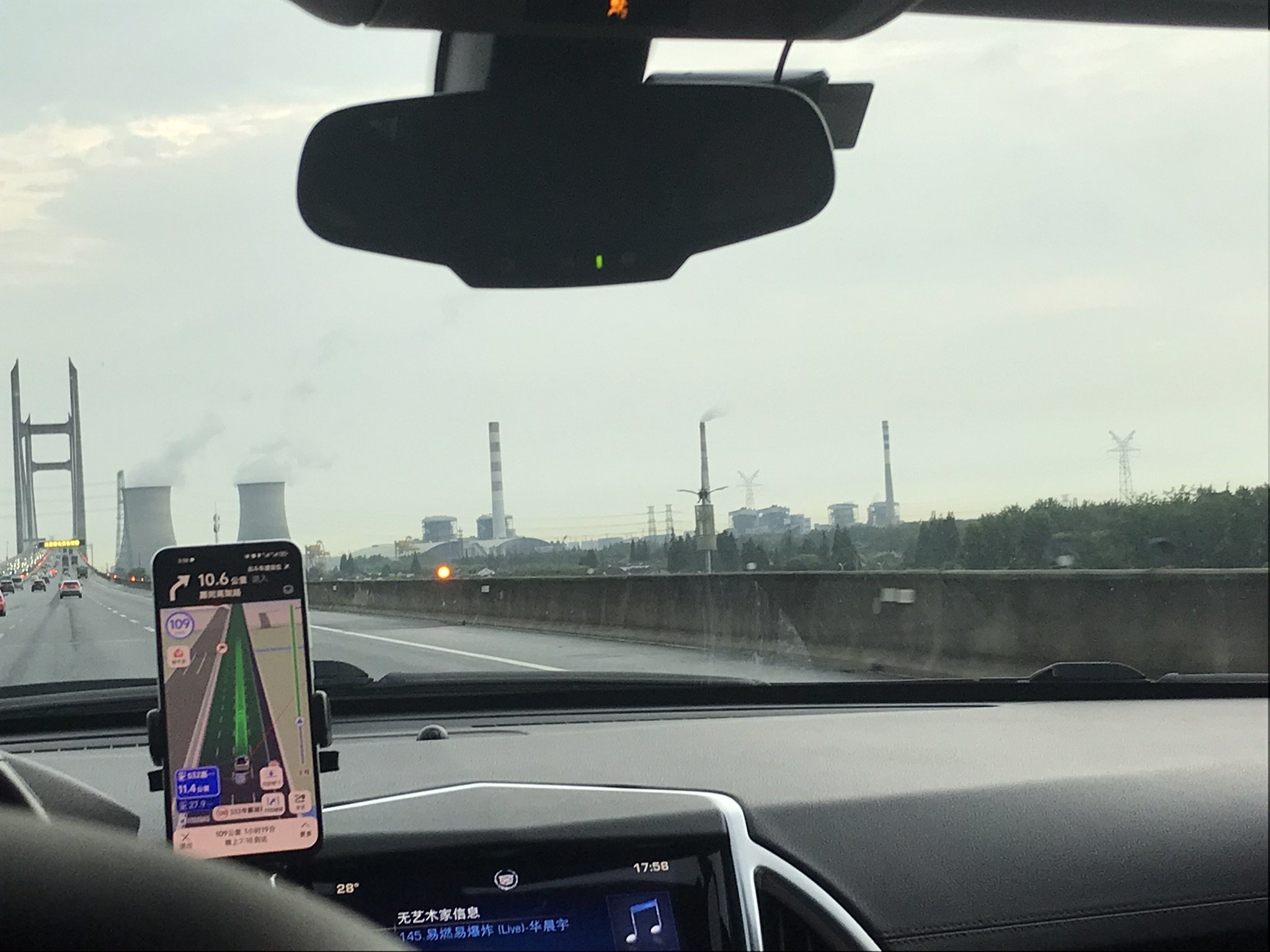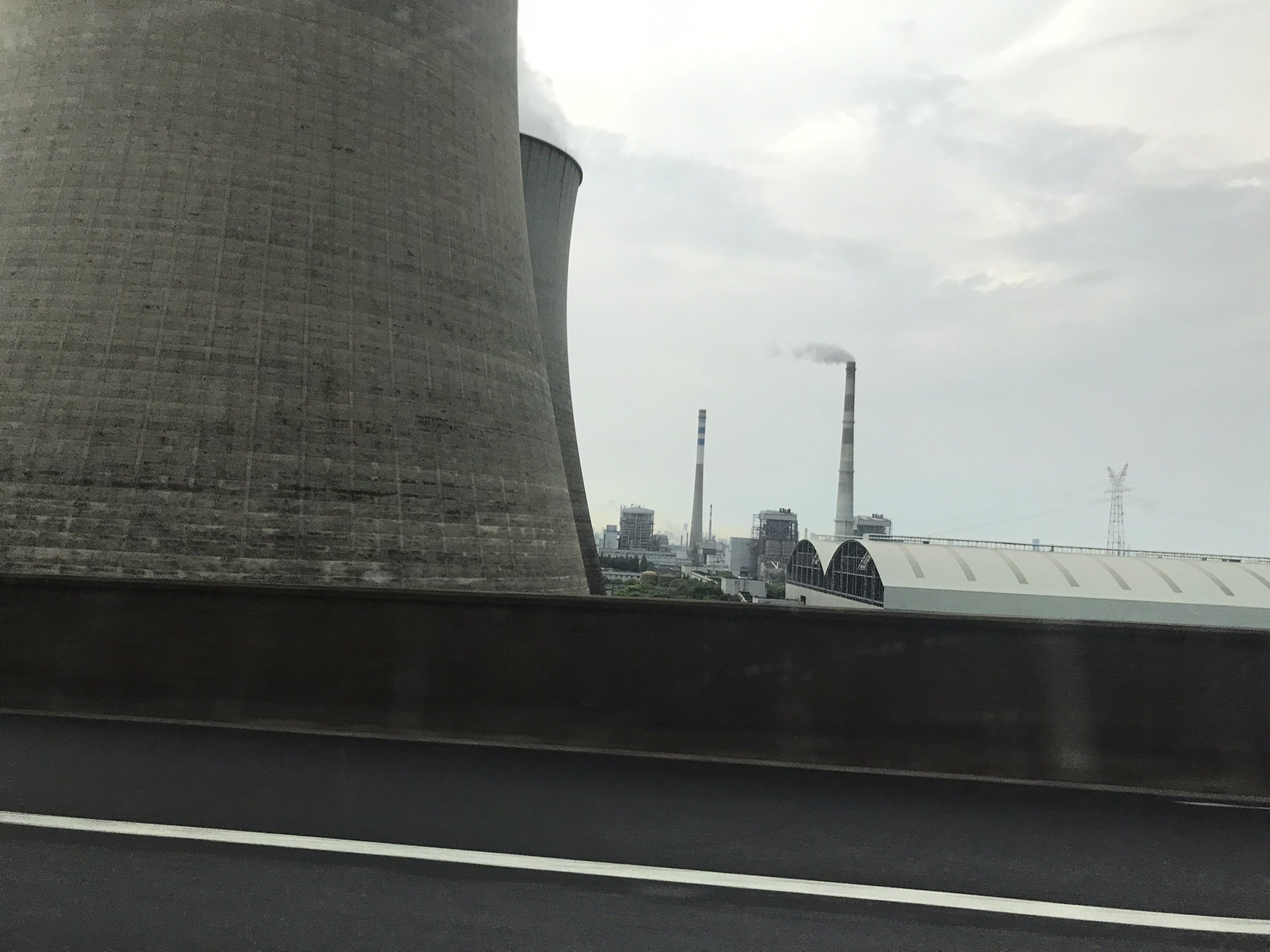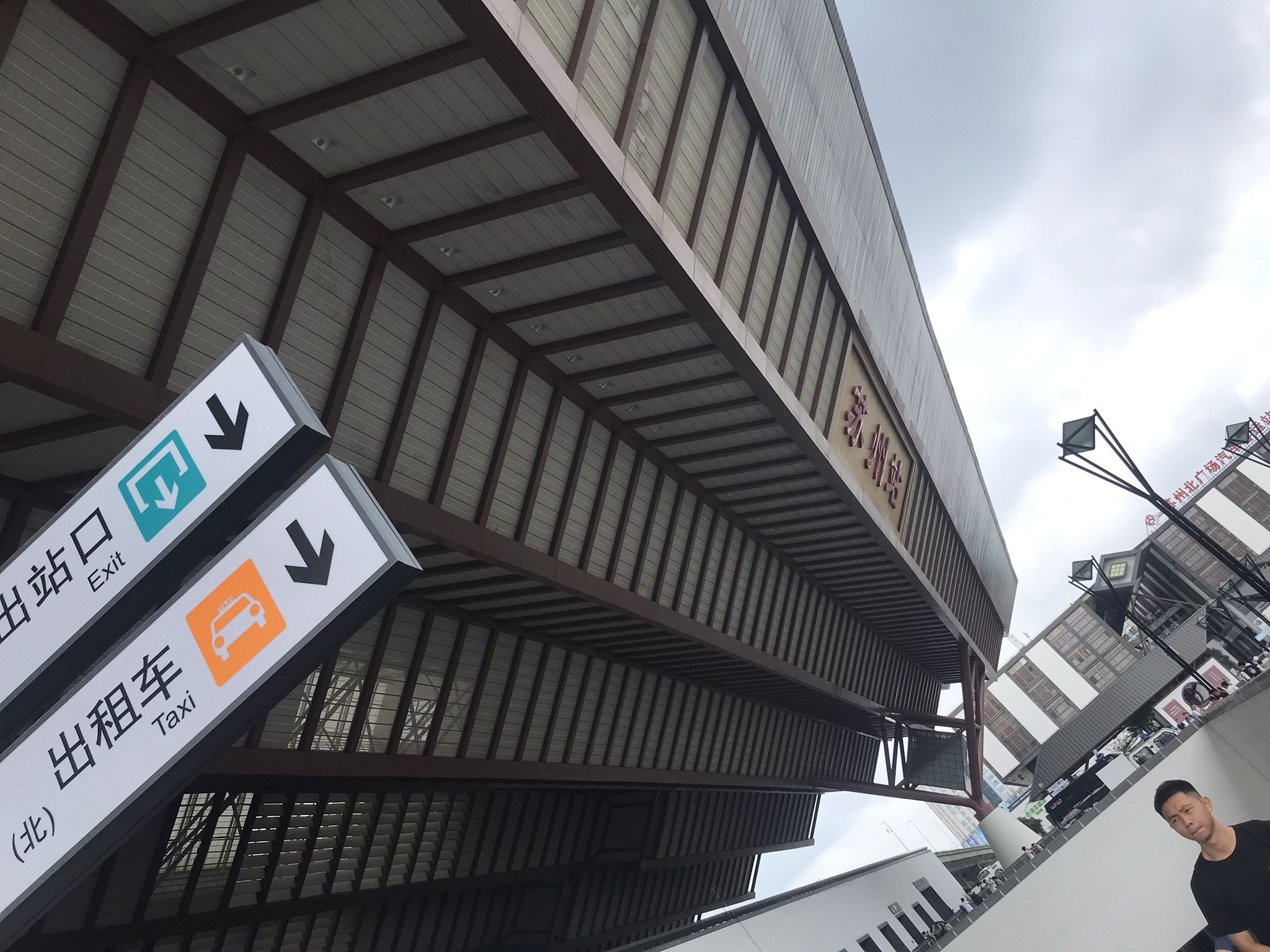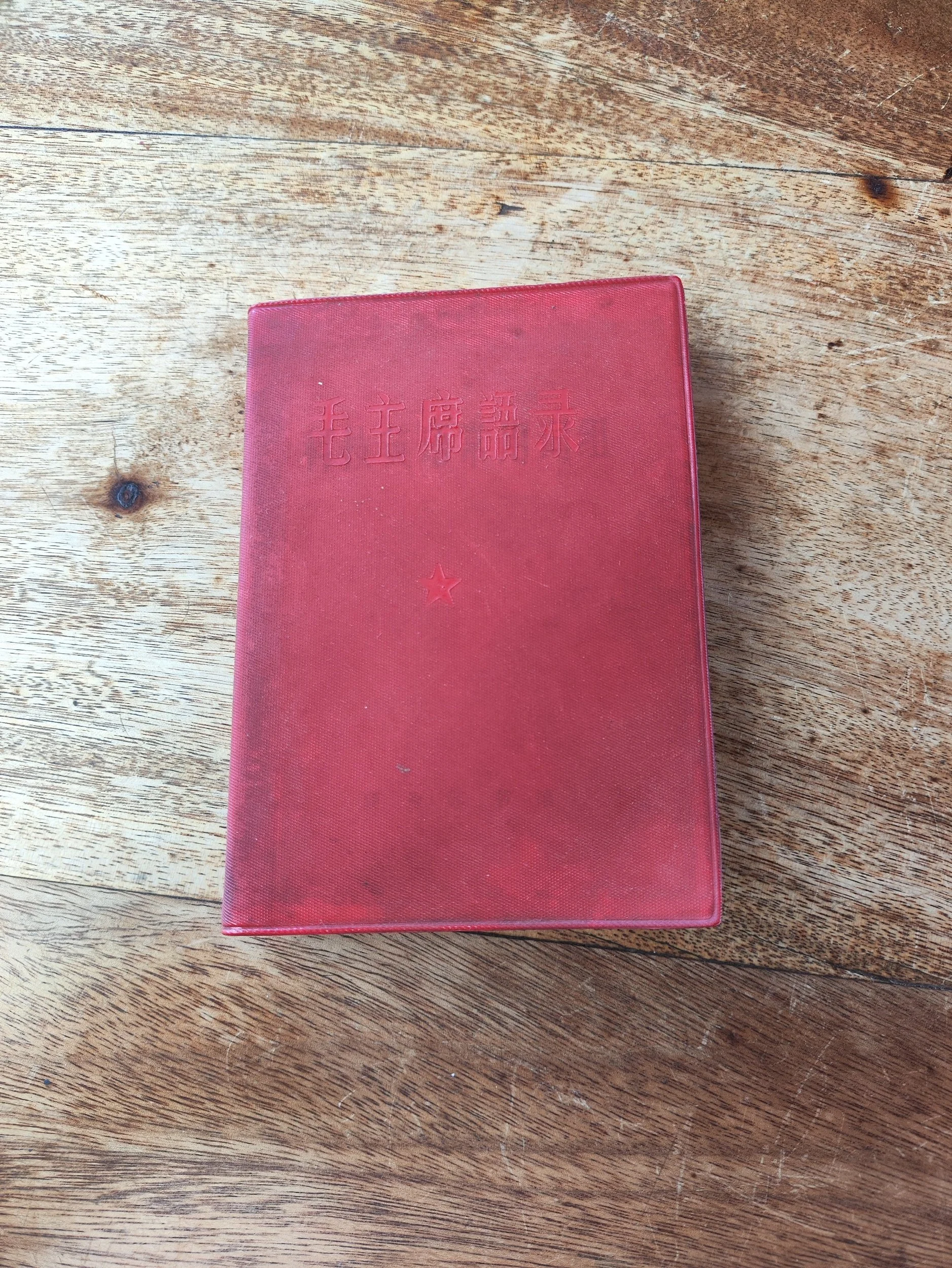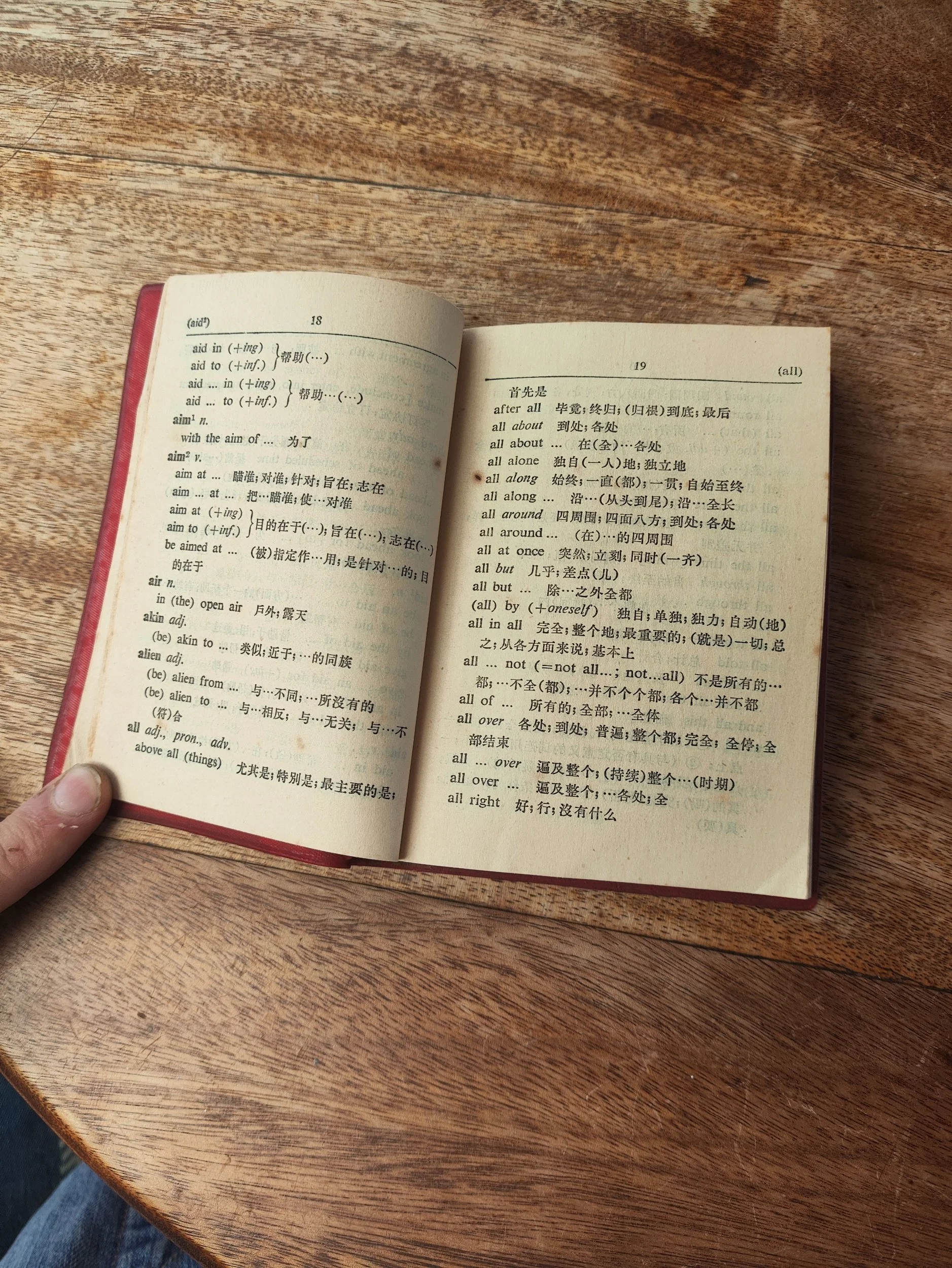Traveling in China - the most interesting things
A follow up post to the most amusing things I saw in China and my views on the Chinese government.
Here are the most interesting and thought-provoking things I saw while I was in China
Seeing the scale of infrastructure and industry made me appreciate the power of economic protectionism. Chinese construction companies built all the roads in China. They build up institutional capacity and know-how. So they can build the roads in Kenya, instead of Kenyan companies. So Kenyan construction companies do not get that good.
At one point a driver asked Jia (my girlfriend who is Chinese but has lived in the US for ~8 years) if she was American. He said she didn’t seem like she was from China “because you act and talk like you have individualism and freedom”
Just a normal book of the Chairman’s sayings…
…but actually it’s a way to learn the tongue of the foreign devils
I bought a book that has the cover of a Little Red Book, but inside is a English-Chinese dictionary. So you can look like you are dutifully studying the Chairman’s words, when really you are learning the language of the foreign devils! Apparently this was a common during the Cultural Revolution (not anymore). They also had a similarly disguised Chinese-Japanese dictionary.
Jia’s dad had a stack of about 20 classical Chinese texts as the most prominent books in the living room. I was impressed with how many of them were pretty well known in the US (1) - seems like the books that make it over to the west are decently representative.
The cultural tourism in China is pretty hilarious. A couple towns I visited were full of “ethnic clothing” rental stores where tourists (95% ethnic Han) could rent “traditional clothes” of the local ethnic minorities (e.g., Tibetan or Daxi) and go take pictures. This would be the equivalent of an white American dressing up as an American Indian and taking pictures by a teepee (2).
A coffee table set of classic books
It was also an interesting case study in how a government “sanitizes” a culture. By commercializing the tourism, the CCP can make a show of celebrating China’s diversity and culture while getting rid of any elements that it finds potentially threatening. We want you to show off your flags and prayer wheels to tourists, but we don’t want you to actually follow the Dalai Llama.
The propaganda is very high production and entertainment value. On digital billboards I kept seeing what I thought were trailers for action movies but were actually celebrations of the local fire department or successful businesses. There were very cool anime-style posters exhorting you to keep the city clean.
Government work is prestigious and hard work. Met one guy who works in the foreign investment office and works 14 hours days. Reinforced to me how complacent Americans are.
—
e.g., Sun Tzu’s Art of War, several books by Confucius, the Dao De Jing and I Qing
This still happens to some extent in the US, but it seems to be getting more and more frowned upon. It is alive and well in China.
